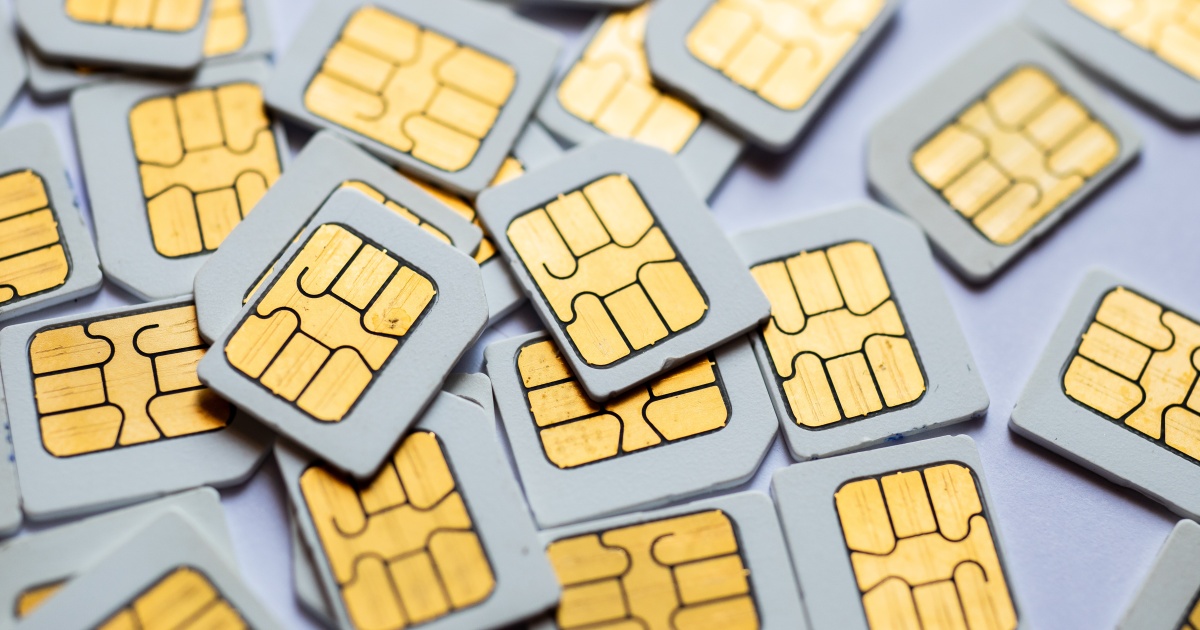
The semiconductor industry is critical to the production of various technology products, even the SIM cards in cellphones. But, as with most things during the pandemic, the industry was heavily impacted by supply chain constraints and staff shortages.
Those pandemic challenges continue to linger as the chip shortage remains. As a direct result, 4.33 billion SIM cards will be shipped globally in 2022, which is down 8.5% YoY, according to ABI Research, a global technology intelligence firm.
The SIM cards market might see a glimmer of recovery in the near future but limitations to growth should be expected. Limitations will be driven by inflation, increased cost of living and subsequent reduction in consumer spending power.
In fact, ABI says the consumer market will be the worst hit area of the SIM cards market and previous 2023 YoY growth expectations of 7.2% reduced to 1.8% to reflect the evolving macroeconomic trends.
"How best to deal with, not only existing, but new and increasing post-COVID-19 challenges remains a significant SIM card ecosystem pain point," said Phil Sealy, digital security research director at ABI Research.
Another new factor impacting the SIM ecosystem is the launch of eSIM-only devices. Although eSIM is not a new concept – it has proven valuable in many IoT deployments – one globally recognized brand is making eSIMS a major focus. Apple, with the launch of its eSIM-only smartphone product line this fall, is taking at least that supply issue out of its equation.
Given the shift from removable SIM for-factor to eSIM, ABI predicts that removable SIM card supply in the U.S. will be reduced by approximately 50-60 million in 2023.
“Although Apple will initially limit deployment of its Apple 14 eSIM-only devices to the U.S., it clearly outlines Apple's intentions for an eSIM-only handset portfolio,” said Sealy. “The impact on the U.S. market as it relates to removeable SIM card supply will be clear and more evident in 2023, the first full year of Apple's eSIM-only device shipments into the region."
If Apple is successful with the eSIM-only devices, surely it will only be a matter of time before other manufacturers follow. And only time will tell how these devices affect the industry.
Edited by
Erik Linask